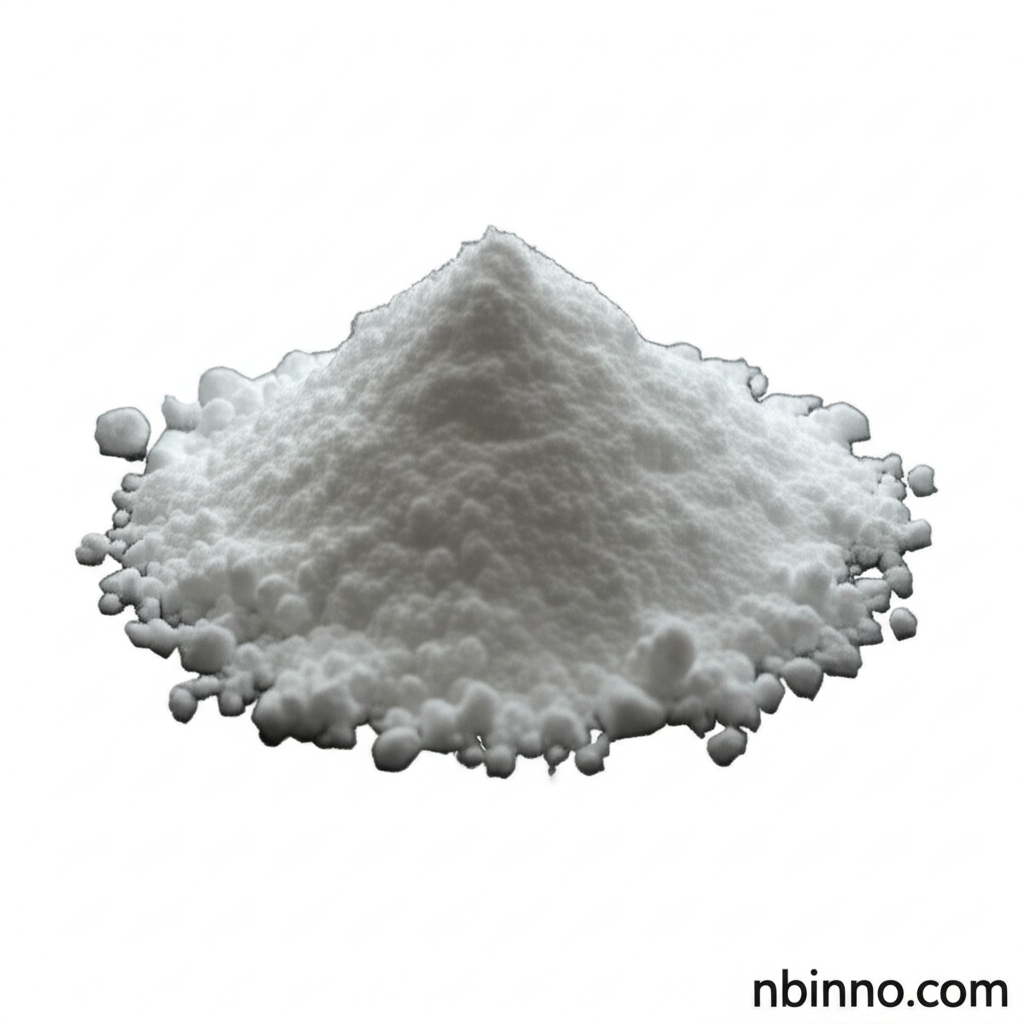2-Thiophenecarboxylic Acid: A Key Intermediate in Chemical Innovation
Discover the versatile applications of 2-Thiophenecarboxylic Acid in pharmaceuticals, material science, and beyond.
Get a Quote & SampleProduct Core Value

2-Thiophenecarboxylic Acid
2-Thiophenecarboxylic acid is a vital sulfur-containing heterocyclic compound recognized for its pivotal role as a building block in complex organic synthesis. Its unique structure makes it indispensable in the development of novel compounds across various industries.
- As a key intermediate in pharmaceutical development, it contributes to the creation of drugs with enhanced biological activity, particularly anti-inflammatory and analgesic agents.
- In material science, its application in the synthesis of thiophene derivatives enables the production of conductive polymers and organic semiconductors essential for flexible electronic devices.
- Its utility in organic synthesis makes it a go-to compound for researchers aiming to create innovative chemical structures and novel compounds for diverse applications.
- The compound's role extends to agrochemicals, where it is formulated into herbicides and fungicides to improve crop protection and yield, showcasing its broad applicability.
Key Advantages of 2-Thiophenecarboxylic Acid
Versatile Building Block
Leverage the versatility of 2-thiophenecarboxylic acid in organic synthesis to build complex molecules, aiding researchers in the creation of new compounds for various applications.
Pharmaceutical Applications
Its crucial role in pharmaceutical development, particularly in creating anti-inflammatory and analgesic drugs, highlights its value in medicinal chemistry.
Material Science Innovation
Discover its use in the production of conductive polymers and organic semiconductors, driving innovation in flexible electronic devices and advanced materials.
Key Applications
Pharmaceutical Development
A vital intermediate for synthesizing pharmaceuticals, including anti-inflammatory and analgesic drugs, improving therapeutic outcomes.
Material Science
Used in the production of conductive polymers and organic semiconductors, crucial for the advancement of electronic device technology.
Agrochemical Formulations
Plays a role in the formulation of agrochemicals, such as herbicides and fungicides, contributing to enhanced crop protection.
Organic Synthesis
Serves as a versatile building block in the synthesis of complex organic molecules, facilitating chemical research and discovery.
